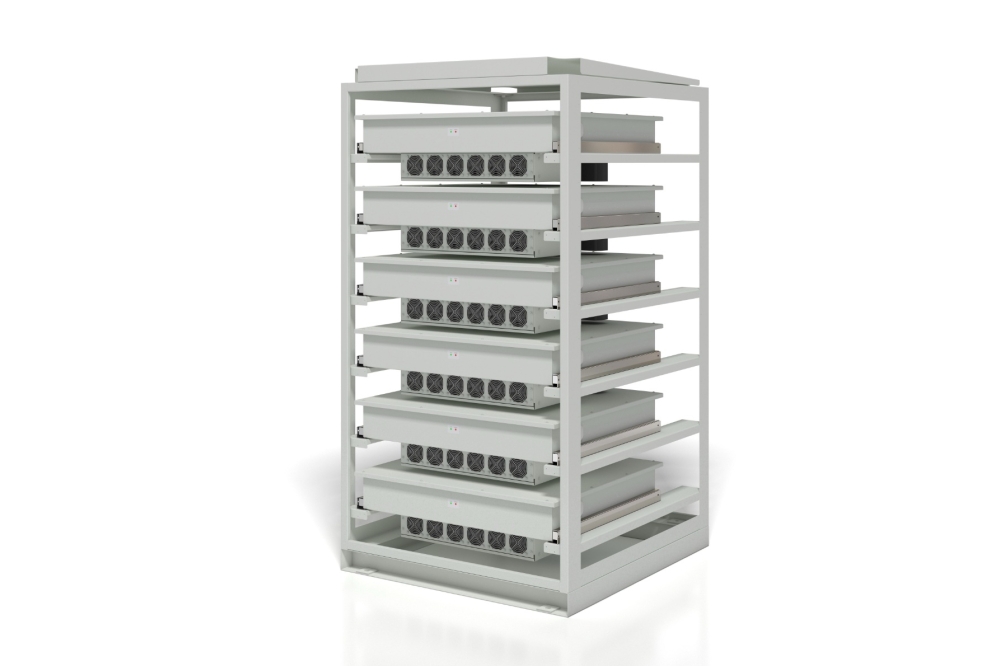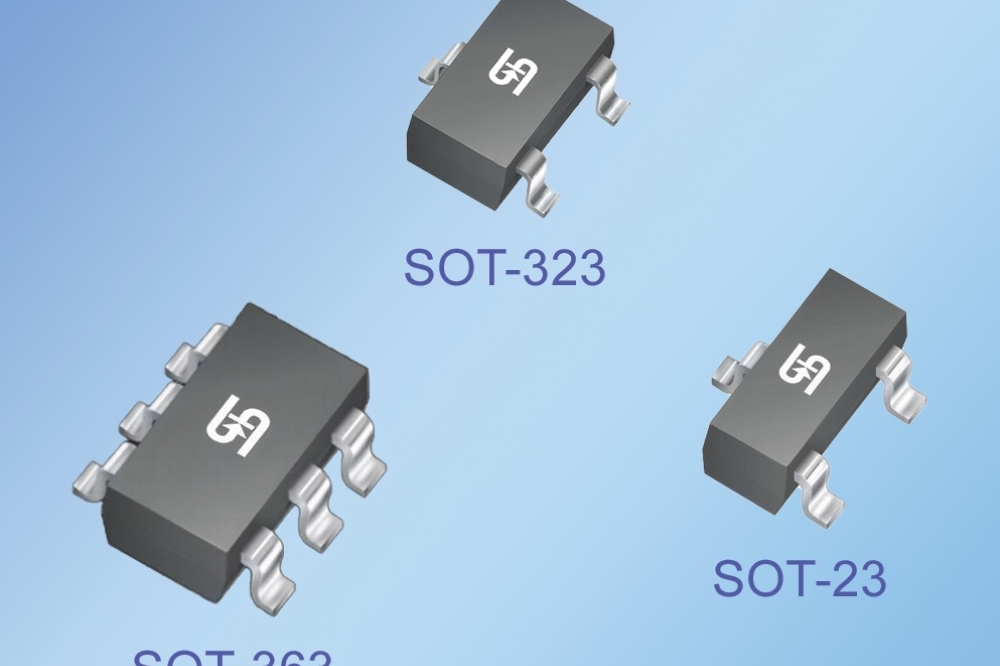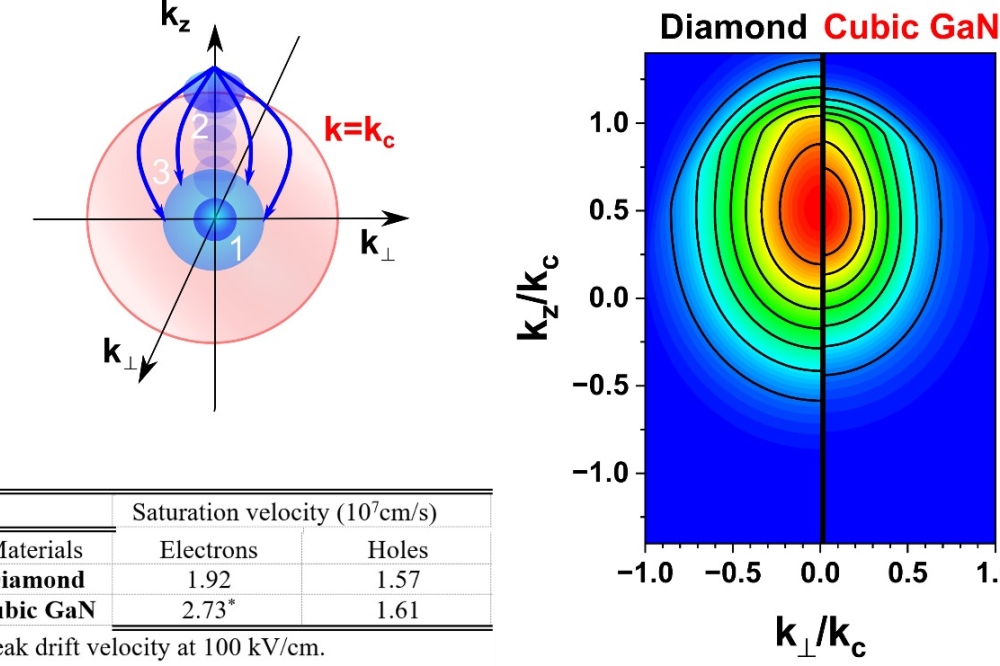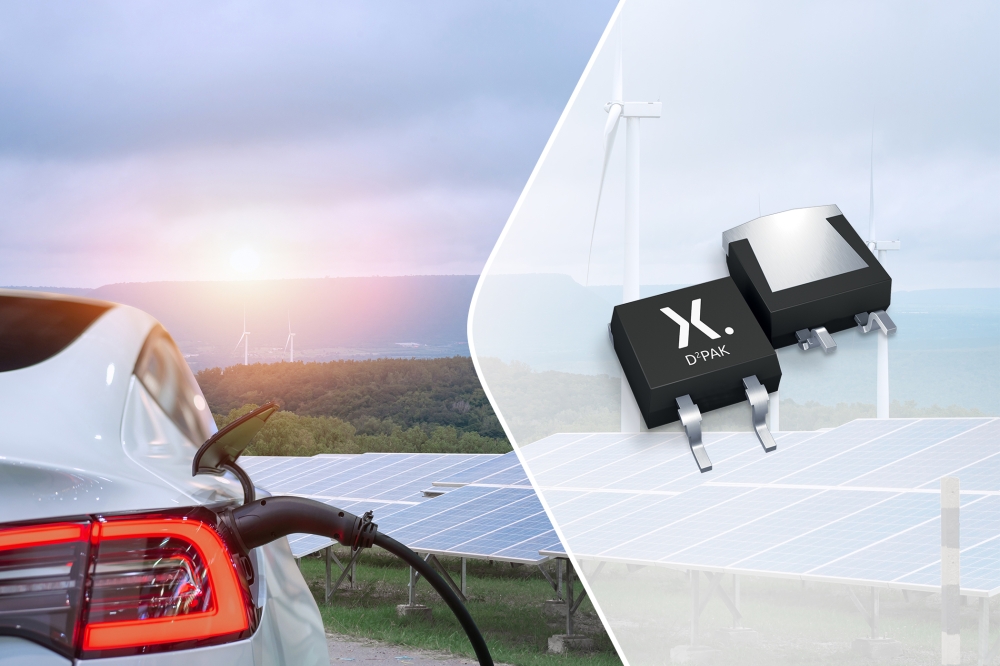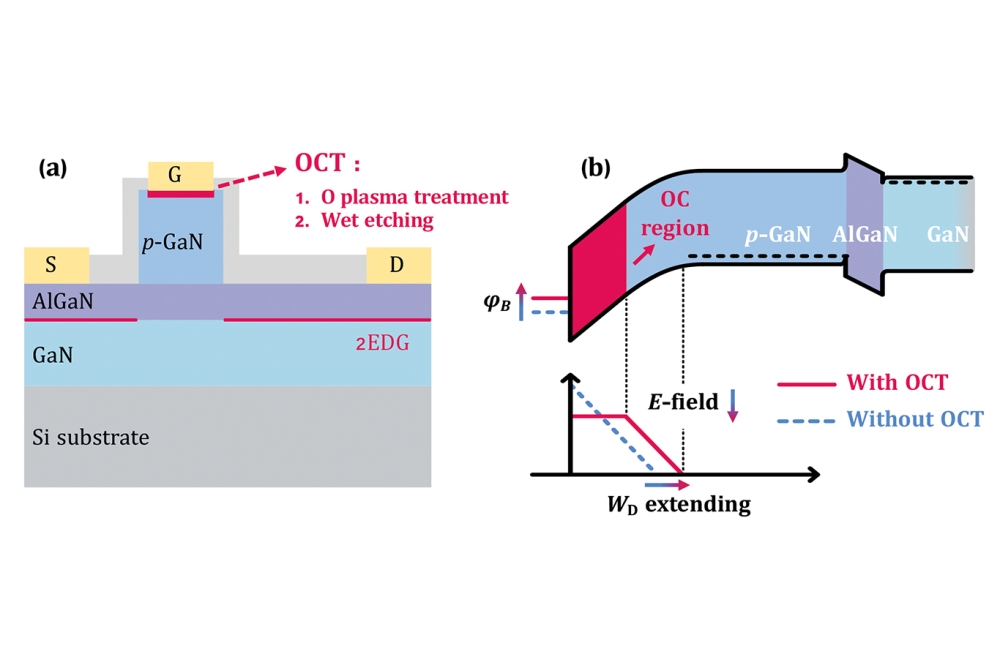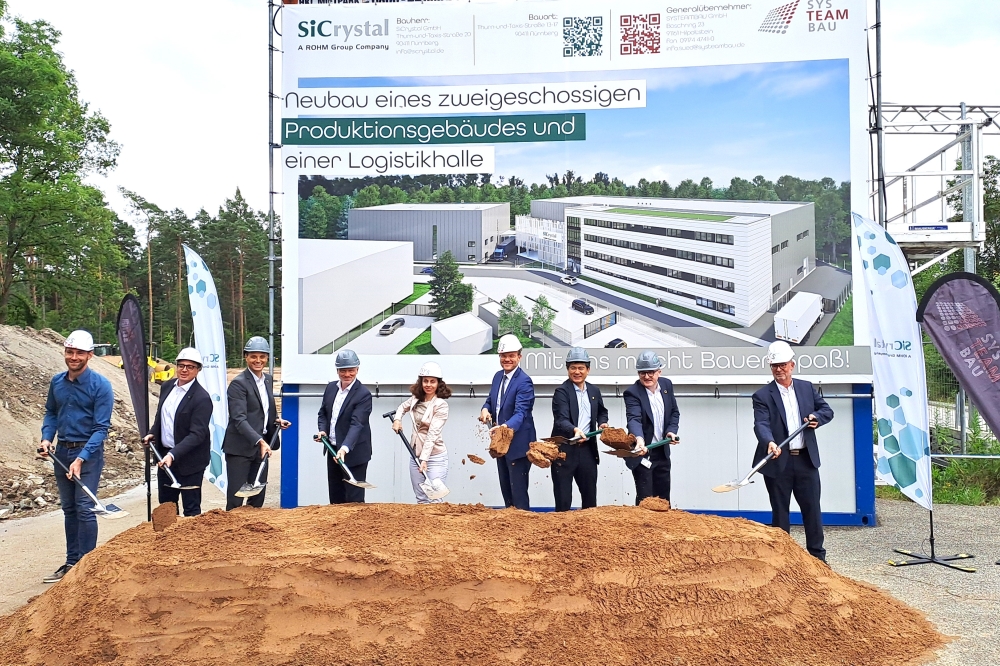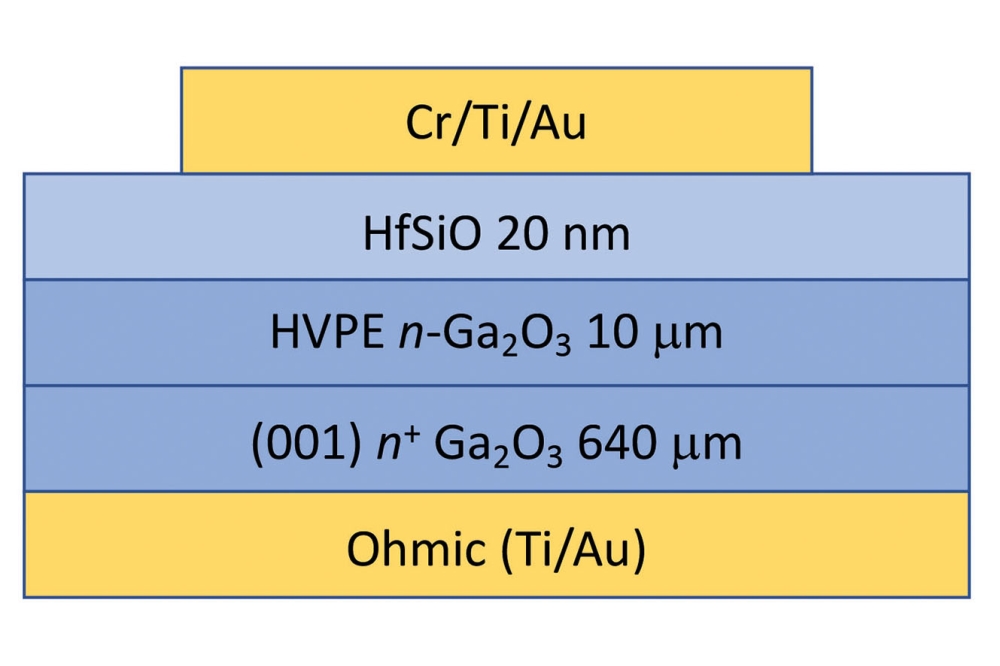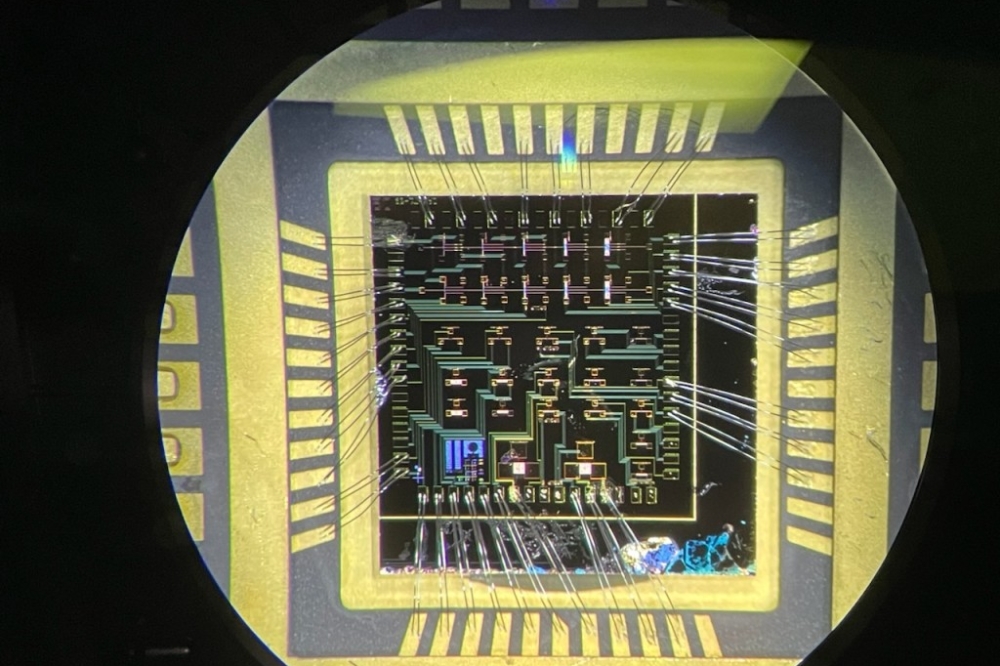CACTUS project targets GRID capacity

ZSW to lead project to coordinate grid capacity with consumers use of EVs and heat pumps
ZSW, the Centre for Solar Energy and Hydrogen Research Baden-Württemberg in Germany, has begun a three year project called CACTUS (Connect, Assist & Control: Transparency and Stability for Smart Energy Systems) which will research solutions for greater latitude in renewable energy, electromobility and heat pump projects.
Working with eight other partners, ZSW's brief is to coordinate the use of energy by consumers and the utilised capacity of the grid with energy market instruments, harnessing the latest technologies like smart meters and intelligent control of PV storage systems and loads.
The aim of the project is to facilitate the energy transition without jeopardising grid stability and without having to wait for future grid expansion. The three-year project is being funded by the German Federal Ministry for Economic Affairs and Climate Action (BMWK) under the 7th Energy Research Programme.
One of the greatest challenges in the electricity sector is that the surge in sales of electric cars and heat pumps will cause a sharp rise in the total electricity consumption but the demand will not be evenly distributed throughout the day, so this subject will be included in the project content.
Clearly, local supply must be closely coordinated with the grid and the energy market in order to avoid congestion. This requirement can be met by flexible charging times for electric cars or even delayed charging, for example, or by using electricity generated locally by photovoltaic systems. Heat pumps can also be switched off at certain times because the home will not cool down if the heat pump is off for an hour or so at a time.
Carola Krug from VIVAVIS AG on the launch of the project, said: “The transformation of the energy system poses new challenges for everyone involved. The CACTUS project is in tune with the needs of our time, and we are searching today for the solutions for tomorrow in order to offer grid operators the earliest and best possible support.
"This project will allow us to take the research findings and run trials with the four public utility companies, directly assessing their viability in practice and so facilitating further improvements. The project consortium has the best credentials for success over the next three years, both in making a contribution to research and in developing solutions in step with actual practice.”
CACTUS – Connect, Assist & Control: Transparency and Stability for Smart Energy Systems
The use of targeted communications and visuals showing points of congestion (Connect) will support grid operators in their day-to-day work (Assist). The primary goal is to prevent bottlenecks from occurring in the grid in the first place and to solve the problem in advance through price signals and the use of flexible consumers (Control).
This will involve an algorithm designed to adapt price signals and effect a high degree of probability of staying within the limits for stable grid operation, despite all the fluctuations in generation and consumption patterns, and an avoidance of shutdown measures – even if some customer installations are not willing or able to react to the price signals.
An algorithm for predictive grid operation is the centrepiece of the ZSW contribution. A forecast of the consumption and low-voltage grid feed-in will be carried out in the first step of the project by the research scientists at the ZSW in order to anticipate the future loads in the various sections of the distribution grid. If grid congestion is predicted at this stage, a system will provide guidance for control room staff, assisting them in making decisions in order to avoid critical system states through direct interventions in the control processes.
An algorithm will also be developed with a view to using price signals to decentralised systems in the first place to reduce their simultaneous use and thereby largely avoid grid congestion and the resulting need for direct interventions in control processes. Intelligent network management will therefore enable the increasing transport demand for electrical energy to be met with existing distribution grids in many cases and reduce the otherwise necessary expansion of the electricity grids.


